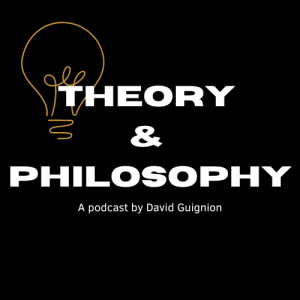

Unmaking Sense
Episode 11.16: What is AGI and how might it be able to see more than we humans could ever see?
2023-11-27
The key to artificial general intelligence is not that it is just more intelligent than any other AI, but that it will be able to see patterns in data in which it has not been trained to see them, and discern in them patterns and their likely consequences that no human being or lesser AI could ever conceivably see. And the question that we and those considering the ethics of AI need to address is “What constraining factors are there to prevent an AI with the power to affect the world from a...
The key to artificial general intelligence is not that it is just more intelligent than any other AI, but that it will be able to see patterns in data in which it has not been trained to see them, and discern in them patterns and their likely consequences that no human being or lesser AI could ever conceivably see. And the question that we and those considering the ethics of AI need to address is “What constraining factors are there to prevent an AI with the power to affect the world from acting in the best interests of the world in ways that we as human beings might not think to be ethical, or in fact, in the best interests of the world?” We are in familiar territory, the territory of John Stuart Mill’s famous question, whether we ever would feel justified in killing 10 people to benefit 30, 300, 3000 or 300 million people, and how we would or could train our AI to make similar decisions.
View more
Comments (3)
More Episodes
All Episodes>>Create Your Podcast In Minutes
- Full-featured podcast site
- Unlimited storage and bandwidth
- Comprehensive podcast stats
- Distribute to Apple Podcasts, Spotify, and more
- Make money with your podcast
It is Free












